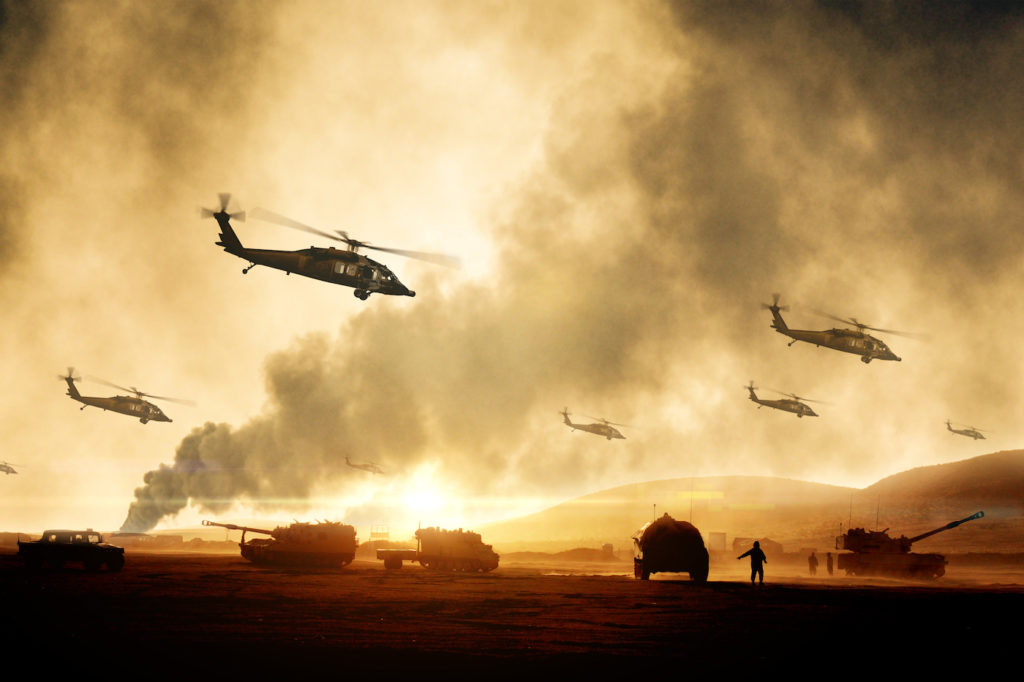Russia’s invasion of Ukraine and debates over how the United States should respond provide an occasion to consider again the law and morality of war. While I obviously sympathize with those who wish for the end of all war and the advent of perpetual peace, I’ve never understood those who think such is very likely given human nature, and I have little sympathy for those who belatedly recognize the reality of force and aggression in our world just after that reality mugs them.
Still, sober realism about the human animal and our proclivity for violence in no way is to wink and nod at injustice or illegality in war. War may always be with us, alas, but the use of lethal force is not consigned to the realm of the amoral and pure power. Like all human things, war ought to be ordered by law and moral norms. In these selections from the Public Discourse archives, we see neither arguments for or against war, nor policy prescriptions on options for Ukraine, but first principles are never irrelevant.
It may seem a basic place to begin, but Michael Stokes Paulsen and Luke Paulsen unpack the “Constitutional Powers of War and Peace,” noting that while the Constitution hasn’t changed, presidents and congresses have sometimes ignored this higher law.
Allen C. Guelzo explores the difficulty of determining whether a war can be known to be just or unjust, rightly cautioning against simplistic judgments, even as Gregory Brown insists that just war theory has not become obsolete given the changing conditions of warfare. Both insights can be true at the same time, of course, no matter how challenging it sometimes is to recognize this.
Start your day with Public Discourse
Sign up and get our daily essays sent straight to your inbox.Just war theory is a moral account, and thus with demands and requirements on our will and decisions. Joseph E. Capizzi insists that even in war there is no justification for intentionally killing some innocents in order to save others—war is just only insofar as it is on behalf of the innocent, after all, and it is contradictory to save the innocent by killing the innocent. Nor does war change the moral rules, or bracket right and wrong, no matter how grave the situation and how serious the consequences, so argues Christopher O. Tollefsen in a challenging essay on moral absolutes.
Finally, while he’s not exploring war and its ethics so much as Europe’s will to survive, Samuel Gregg’s warning about the future of Europe and its need to recover and defend its roots pays a second read. A decrepit and morally bankrupt globalism seems unwilling to defend what matters most, seems almost unwilling to live, let alone fight for life, and the weakness of the West is not promising.
As always, thank you for reading Public Discourse.











